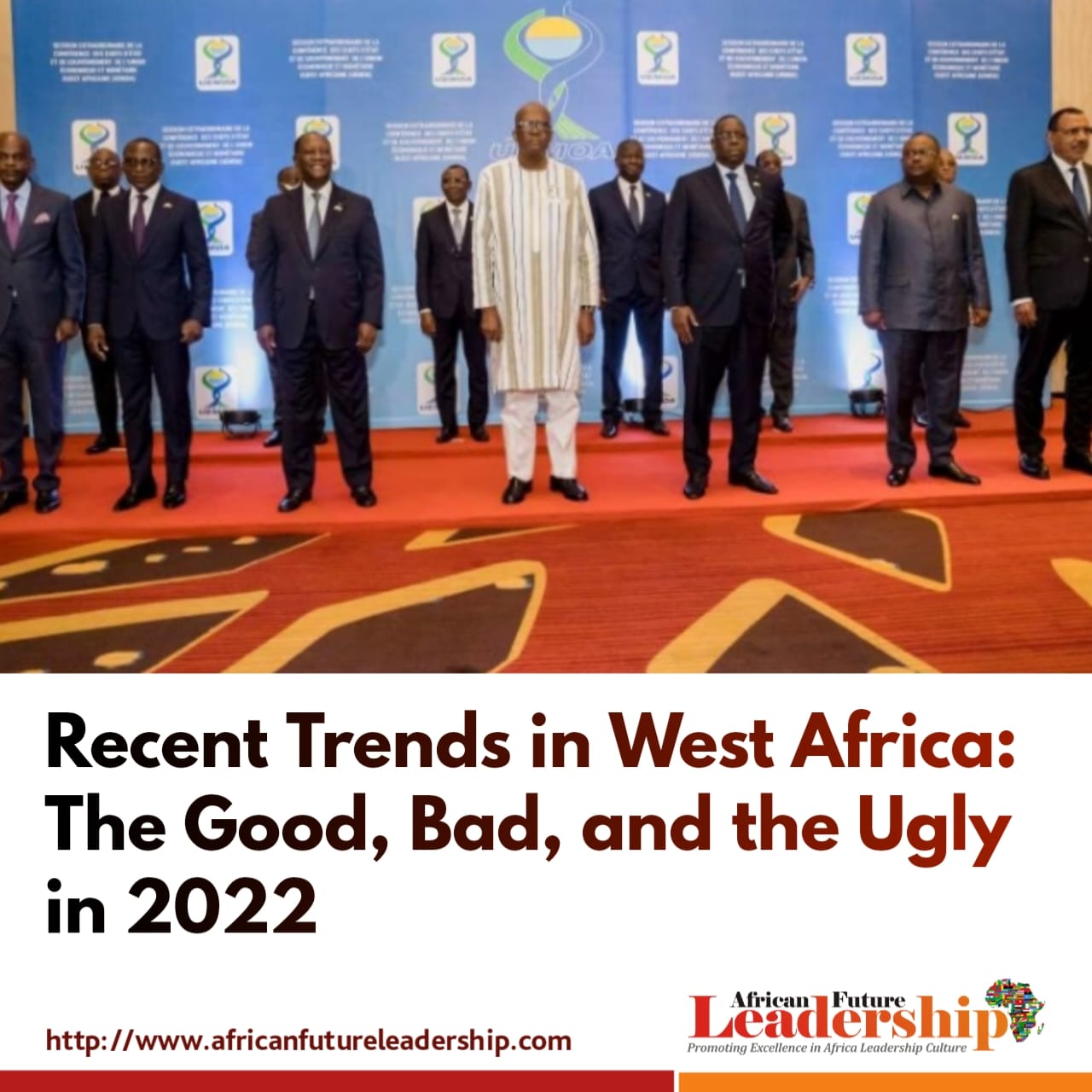The CEO of Flutterwave, Olugbenga “GB” Agboola, has said that the three major pillars that can help Africans effectively leverage digital transformation for inclusive and sustainable development are payments, commerce and logistics.
For him, “These pillars support the cross-border movement of money, people, goods and services without barriers.”
Mr. Agboola who commented as a panelist in a discussion titled “How Can the U.S. Support an Inclusive Digital Transformation in Africa?” emphasised that the three pillars were fundamental to digital and business transformation in Africa.
That all-inclusive session was part of the activities of the US-Africa Leaders Summit 2022 hosted by the Carnegie Endowment for International Peace in Washington, D.C.
And acknowledging challenges to the growth of digital transformation in Africa, Agboola stressed that, “For Flutterwave to build a payment infrastructure that connects more than 30 of 50+ African countries, we had to visit every country in the continent, get different licenses, build partnerships, and connect with regulators.
In his words, “At the end, we have over 500 payment partner integrations at Flutterwave that must be maintained daily.”
READ MORE: Christmas: Indirect Flights, Visa Ban Restrict Travels for Nigerians
The other panelists included Engr. John Tanui, Kenya’s Principal Secretary, State Department for ICT and Digital Economy; Mr. Lacina Kone, Director General and Chief Executive Officer of Smart Africa, and Mr. Christopher Burns, Chief Digital Development Officer, US Agency for International Development (USAID).
Dr. Zainab Usman, a Senior Fellow and Director, African Programme at the Carnegie Endowment, highlighted the importance of uniform growth of Africa’s digital ecosystem.
Creditably, in his remark, Burns spoke on the need for countries to embrace the responsible use of digital technologies as he said, “When you look at the investment that has been made across the continent over the past 20 years, they are deliberate investments that track everything from policy to infrastructure, to services, to capacity building.
He added: “The reasons for this nascent investment strategy across Africa include a better understanding of digital transformation and its attendant risks, the effect of COVID-19 in speeding up digital transformation, and the USAID Digital Strategy which has made the promotion of secure, open, and inclusive country-level digital ecosystems across the world possible as a priority for the US.”
On his part, Tanui commented on how his country enables innovation through bills and initiatives like Kenya Information and Communication Act, ICT Universal Fund, Data Protection Act, Kenya National Innovation Agency, Digital Economy Bill, and the Startup Bill “to ensure a functioning legal and regulatory environment that does not stifle innovation.”
To a very significant extent, the official highlighted the efforts of the government to provide opportunities for innovators to pilot and commercialize their ideas within a reasonable time frame.
He said, “We established the National Council of Science, Technology, and Innovation, the Kenya National Innovation Agency with research funds to support innovative and promising ideas.”
Commenting on this burning issue, Lacina stated that the bold and innovative commitment from African Heads of State and Government, like the Smart Africa alliance, which consists of 36 countries, would accelerate sustainable socio-economic development.
He emphasised that, “What we at Smart Africa and other stakeholders should do is policy harmonization of the continent for investors to see Africa as a 1.3 billion market. We can become a startup continent, have more than 7 unicorns like Gbenga’s Flutterwave and improve intra-Africa trade when we leverage on our youthful population and harmonize our regulations.”
Overall, the panelists agreed that investments aimed at achieving an inclusive digital transformation of Africa must be deliberate, holistic, and collaborative to include national government, private sectors, global players like the US, and civil societies.




